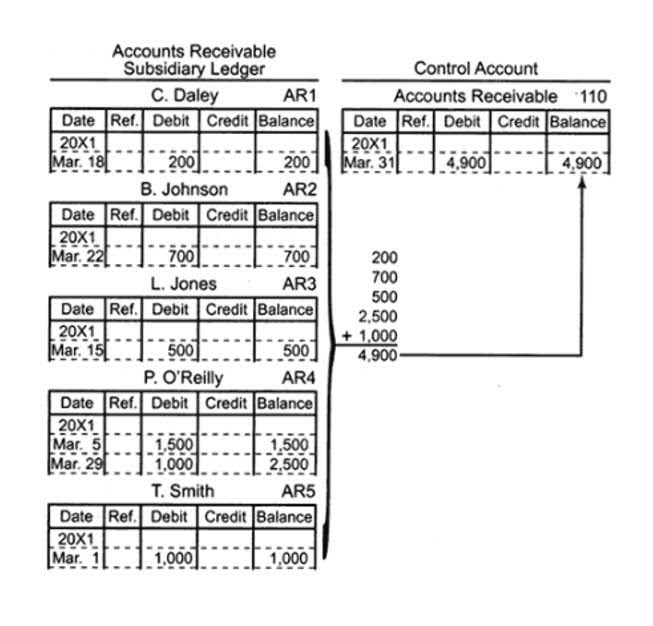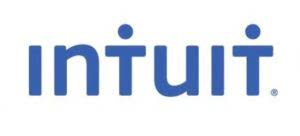
Be aware of these forms to ensure the church complies with tax regulations and avoids penalties. Church giving is an extension and reflection of your church’s culture of generosity. Attempting to increase church giving using tactics of guilt and shame may result in a short term boost of revenue, but it will torpedo your church accounting member’s intimacy with Jesus. Ensure that the way you and your leadership talk about tithes and offerings (in the short offering messages you give from the front) address giving as a gift, as a privilege – not an obligation. Sign up to receive your free 30-page guide packed with financial best practices learned from working with hundreds of small and mid-size churches.
- If you’re using Donorbox for church fundraising, managing your finances is a breeze with Donorbox’s powerful integration with QuickBooks.
- Include these goals in your budget to ensure you plan for current operations and future growth.
- Businesses have very different goals in comparison to churches, particularly when it comes to finances.
- If you are a pastor or church leader, we’re here to take the burden of managing church finances off your shoulders.
- If your operating budget is your church’s master financial plan, financial statements are your church’s master fiscal reports.
What is Church Accounting?

Categorizing net assets into unrestricted, temporarily restricted, payroll and permanently restricted helps demonstrate how funds are allocated and used, fostering trust among stakeholders. The statement of activities, akin to an income statement, details the church’s revenues and expenses over a period, highlighting financial performance and operational efficiency. Churches are nonprofits and must use fund accounting to track revenue and expenses. Fund accounting helps churches separate revenue and expenses based on how they came in and how they’re used. But this year, StartCHURCH is introducing enhanced accounting services that meet today’s most rigorous standards, ensuring your church’s financial records reflect both accuracy and compliance.

RESOURCES

Under the Financial Accounting Standards Board (FASB), specific accounting principles are in place for non-profits. And each church is under the financial laws of the state in which it resides – being run by pastors, its board, and staff. Because there are no owners, the church’s accounting system doesn’t include owner’s equity or retained earnings accounts. By following these steps, you can create a solid operating budget that supports your church’s mission and ensures financial health. Regularly review your budget to track actual income and expenses against your projections. Make adjustments as needed to stay on track and address unexpected changes.

Tool #1: Church Accounting Software
Church accounting software is specifically designed for the unique intricacies of ministry finances. Additionally, their accounting software improved accuracy and transparency in financial reporting, making it easier for Parable to manage church budgets and track spending. The software’s user-friendly interface and mobile accessibility ensured that staff could submit expenses on the go, further increasing efficiency. Understanding best practices in church financial management helps leaders make informed decisions that support both spiritual and operational goals. Church accounting is a specialized field that requires a deep understanding of both accounting principles and legal requirements. By adhering to best practices and leveraging technology, churches can maintain financial integrity and focus on their core mission of serving the community.
- Churches are generally exempt from federal income taxes but must meet certain criteria to maintain this status.
- In addition to federal laws, churches must also comply with state regulations.
- These principles guide the preparation of key financial documents, such as the statement of financial position, statement of activities, and statement of cash flows.
- Configuring these tools to generate alerts for unusual transactions or deviations from established patterns adds another layer of security.
These Accounting for Churches may include annual reporting requirements, property tax exemptions, and employment laws. You can also integrate Donorbox with leading accounting software like QuickBooks to sync donation data in both systems and utilize it for your fund accounting needs. Fund accounting is a way for churches to be financially responsible and transparent. It’s not appropriate and is often illegal to use restricted funds for the wrong purpose. Having a variety of revenue streams makes your church more financially stable. If one source falls through or some of your expenses are higher than expected, it’s easier to recover when you don’t have all of your funding eggs in one basket.
